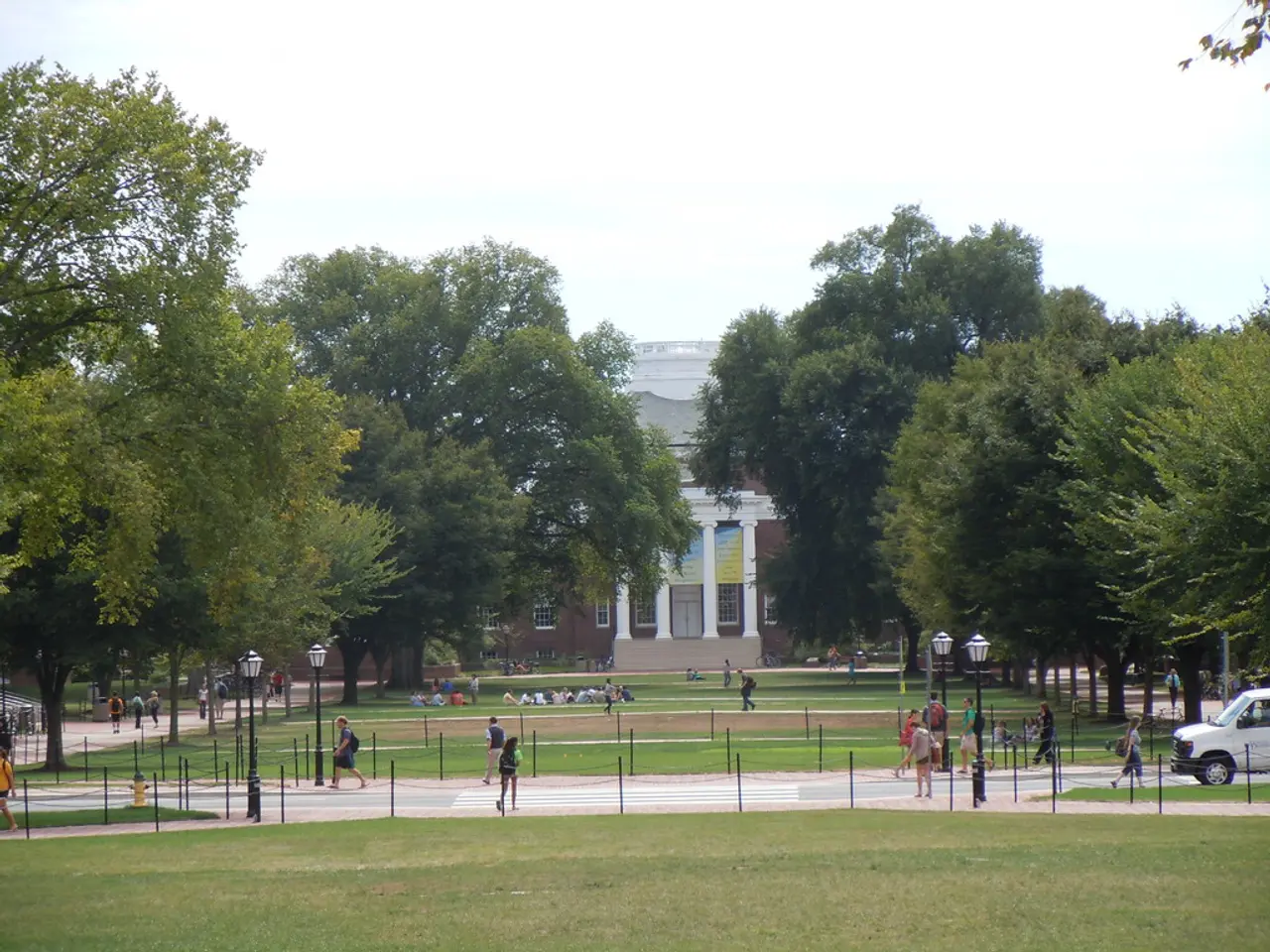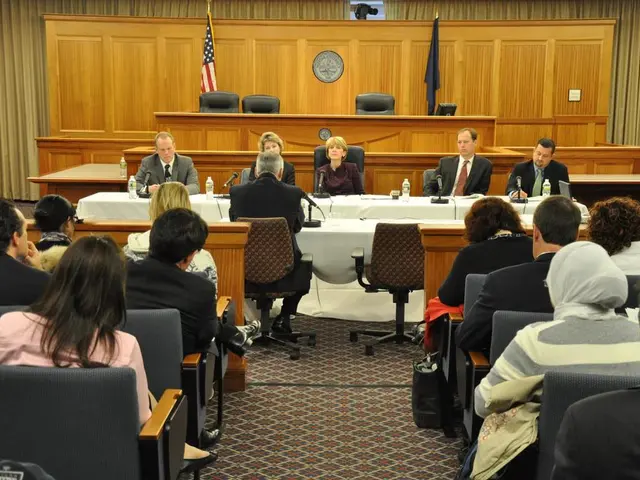Once-SEN school premises now serves as a residential care facility
The United Kingdom is witnessing a significant surge in the demand for specialist schools, children's homes, and supported accommodation for those with special educational needs (SEN). This trend is driven by several interconnected factors, as outlined below.
Firstly, the number of young people with an Education, Health and Care Plan (EHCP) has more than tripled since 2017, reaching over 638,000 in 2024–25. This increase in EHCPs signifies a growing cohort of children and young people who legally require specialist support. Additionally, daily demands for SEND support have averaged 423 families, demonstrating both rising awareness and need.
Diagnostic trends also play a crucial role in this surge. There has been a rapid increase in diagnoses of autistic spectrum disorder, social, emotional, and mental health needs (including ADHD), and speech, language, and communication needs, all contributing to the rise in EHCPs.
The increase in EHCPs has placed significant pressure on local authority budgets and resources, leading to calls for systemic reform. The County Councils Network has described the SEND system as being in "desperate need of reform," highlighting both the scale of demand and the inadequacy of current provision to meet it.
In response, the government has proposed reforms, including tightening EHCP criteria, increasing investment (such as a £740 million capital fund for new specialist places), and encouraging greater inclusion in mainstream schools.
The children's social care sector has grown significantly, with 5,600 providers as of March 2025. There has been a substantial increase in the number of children's homes and supported accommodation providers, reflecting rising demand for specialist residential placements. Interestingly, children's homes are becoming smaller on average, and most supported accommodation providers operate relatively few premises, suggesting a move toward more personalized, community-based solutions.
Despite overall growth in specialist provision, the number of residential special schools has decreased, which may be concentrating demand onto other types of SEN provider premises. This trend is further influenced by policy changes, such as those affecting adoption support agencies, which have reshaped the provider landscape, though these are less directly linked to the rise in SEND demand.
A recent example of this trend can be seen in Congleton, Cheshire, where a vacant former SEN school site has been leased to a therapeutic care provider named Nestlings Care. The lease opportunity generated a high level of interest from various specialist childcare and care operators, and Nestlings Care's provision is considered well-suited to the premises. Their unique vision for expansion across the site will offer opportunities for children and young adults in need of their services.
In conclusion, the increasing demand for SEN provider premises in the UK is being driven by a dramatic rise in the number of children and young people identified with special educational needs, greater awareness and diagnosis of complex conditions, and the consequent pressure on local authority resources. Policy responses are evolving, but the fundamental trend is clear: more children than ever require access to specialist educational and care environments, and the system is straining to keep pace.
- In light of the increasing demand for specialist SEN support, the UK government is proposing regeneration of housing for children with special educational needs, including investment in new specialist places for education, health-and-wellness, and self-development.
- To tackle the shortage of supported accommodation for children with special needs, science and technology could play a pivotal role in developing innovative, personalized solutions for housing, education, and health-and-wellness, aiming for a more inclusive and supportive future.








